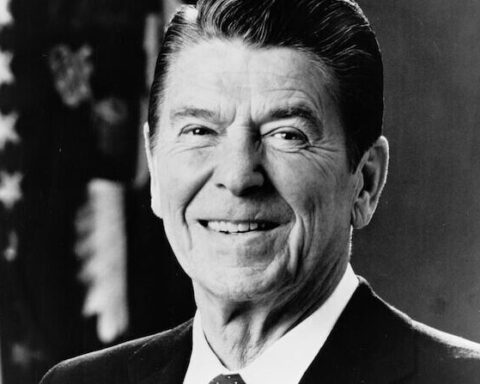One night, I was at a social event talking with a group of people when, unfortunately, the topic of politics came up.
It was unfortunate because what followed was one individual’s angry rant about distrust in government and vague random points about various political issues.
None of it made much logical sense, and if you tried to make a counterpoint to this individual, it was only met with a switch back to what they were ranting about without any intellectual response.
That’s because most of what they were saying was not really based on any political logic or theory but on anger and outrage.
Needless to say, nothing of substance came out of this discussion, and most of the attendees, including me, were just waiting for it to be over.
However, it was a great real-world example of how much outrage and anger have come to dominate the thinking around our politics, and I’m sure most of you have probably had a similar experience.
That’s because outrage and anger are seemingly everywhere. Go to any social media platform or cable news station, and it probably won’t take you too long to find someone outraged about something, regardless of political affiliation. And, of course, all political parties and politicians seem to do is complain about how outraged they are at the opposing side and their rivals.
But the most pressing concern may be that all this anger and outrage eventually affects what issues the country finds most important. In a world where the most extreme and superficial issues garner the most attention, the most important issues get left behind, which can have negative consequences for all of us.
In this article, we’ll examine why anger and outrage have become so dominant in politics, why it is essential that politics shift away from this pattern, and how we can get to a more healthy and constructive political environment.




1 Comment